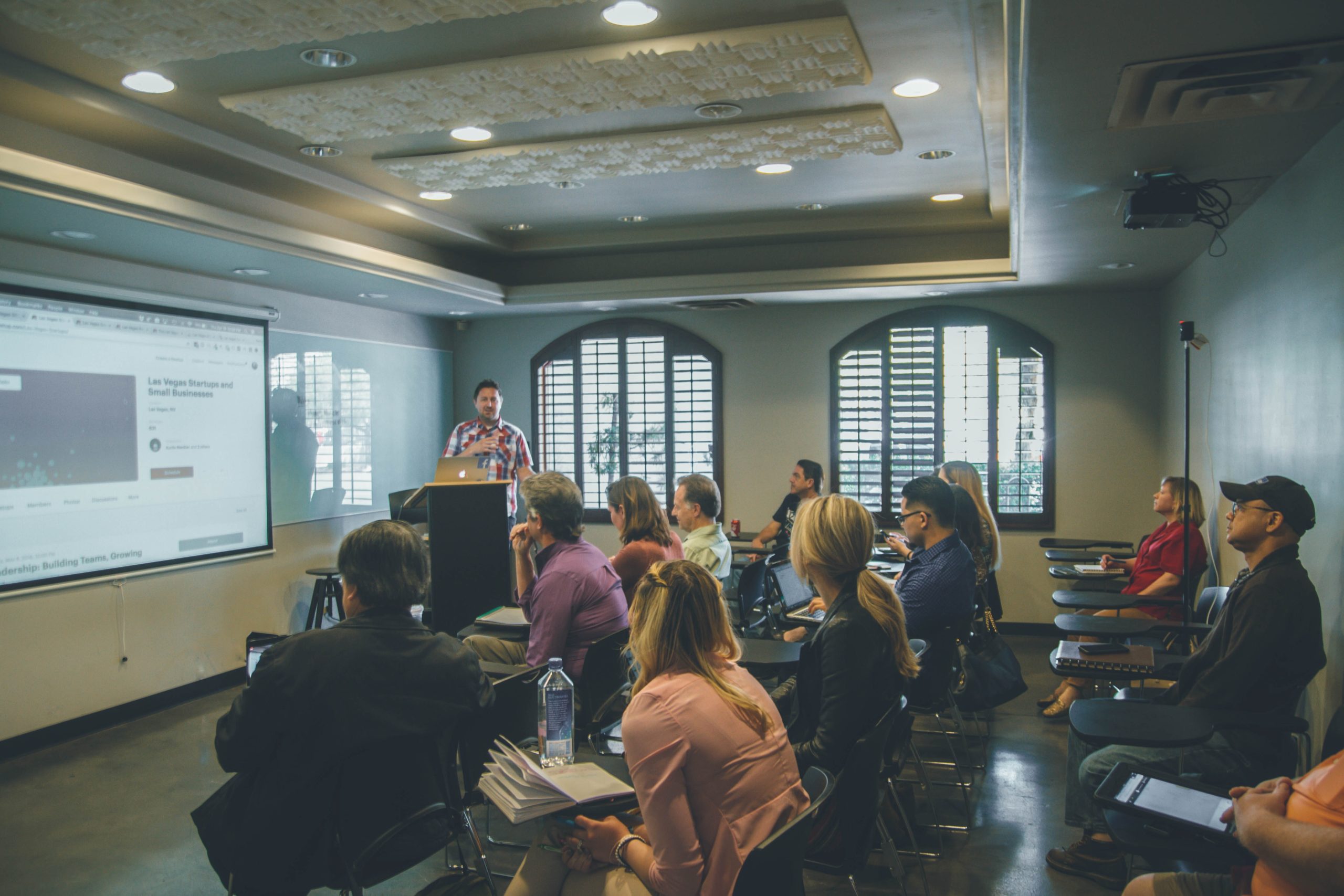Education and Training for Adaptation and Resilience Professionals
Are you ready to take your climate change adaptation practice to the next level? Get essential resources and training to meet your professional goals and maximize your alignment with promising practices in the adaptation field.
Upcoming Training & Education Opportunities
Sign up for an upcoming training offering. Learn from expert instructors, get inspired by case study presenters, and connect with fellow adaptation professionals. All trainings are hosted virtually on Zoom.
- Stay tuned for new training dates!
Use ASAP Professional Guidance Resources
ASAP's Professional Guidance Resources help you assess your adaptation practice and make sure it incorporates the latest thinking on what constitutes ethical, equitable, effective adaptation. Whether you're a student or a seasoned professional, ASAP Professional Guidance will help you take your climate adaptation career to the next level.
Plan a Custom Training for your Organization
Are you looking to train 10 or more people? Consider a custom training! You’ll get to schedule at your convenience and we will work with you to hand-select case studies perfect for your context. Trainings may be virtual or in person.
Contact ASAP's Executive Director Debra Butler for more information.
Principles of Quality Climate Change Adaptation
In this training, participants use ASAP’s Living Guide to the Principles of Climate Change Adaptation to holistically consider how you are integrating principles for quality climate change adaptation into their practice, hear from leaders on how they are putting these principles into action, and assess what changes they can make in their work to better integrate them.
- Training duration: 2.5 hours
- Ideal participants: Climate change adaptation and climate resilience professionals and applied researchers in any sector or industry with 0-10 years of experience.
- Minimum planning time: 2 months
Introduction to Adaptation Jobs
In this training, participants are exposed to the breadth of climate climate change adaptation and climate resilience jobs and learn to articular career paths in adaptation and resilience.
- Training duration: 1 hour
- Ideal participants: Students, educators, and people going through career transitions.
- Minimum planning time: 1 month
Honing Community Engagement and Communication Skills to Catalyze Local Adaptation Planning
In this training, participants get an introduction to community engagement practices; share experiences, expectations, and objectives for engaging with communities to build climate resilience; and use real-life scenarios to strengthen skills for responding to communities’ climate resilience questions.
- Training duration: 2.5 hours
- Ideal participants: Applied researchers and technical assistance providers with little-to-no community engagement experience.
- Minimum planning time: 3 months
Climate Data and Information for Your Region
In this training, participants will learn in-depth with staff from a public, regional climate data and information provider; hear about the climate data-driven tools and technical resources for integrating historic and future climate data and information into products, services, and decision-making; and hear from collaborators in other sectors about how they’re working with the provider to access and apply publicly-availably, regionally-relevant climate data and information.
- Training duration: 1.5 hours
- Minimum planning time 3 months
Ready-to-Fund Resilience
In this training, participants dive into the content from ASAP's Ready-to-Fund Resilience Toolkit. Using insight from expert presenters and generative peer discussions, they learn how to more effectively operate within the resilience funding and finance system, better prepare themselves to receive funding and finance for climate resilience-building, and create social equity through resilience funding and finance.
- Training duration: One, two, or three 90-minute sessions
- Ideal participants: Local government staff and technical assistance providers for local governments.
- Minimum planning time: 3 months
Thank you to our previous training partners and sponsors!
- Adaptation International
- American Geophysical Union
- Antioch University of New England
- Bay Area Regional Energy Network
- Carolinas Integrated Sciences and Assessments (CISA)
- Center for Climate and Energy Solutions
- CivicSpark
- Climate Assessment for the Southwest (CLIMAS)
- Climate Resilience Consulting
- Community Health Improvement Partners Resident Leadership Academy
- Environmental Consulting Technology
- Great Lakes Integrated Sciences and Assessments (GLISA)
- Michigan Association of Planning
- Michigan Department of Environment, Great Lakes, and Energy
- Minnesota Climate Adaptation Partnership
- National Oceanic and Atmospheric Administration
- Portland State University
- University of Michigan
Looking for webinars or peer learning?





